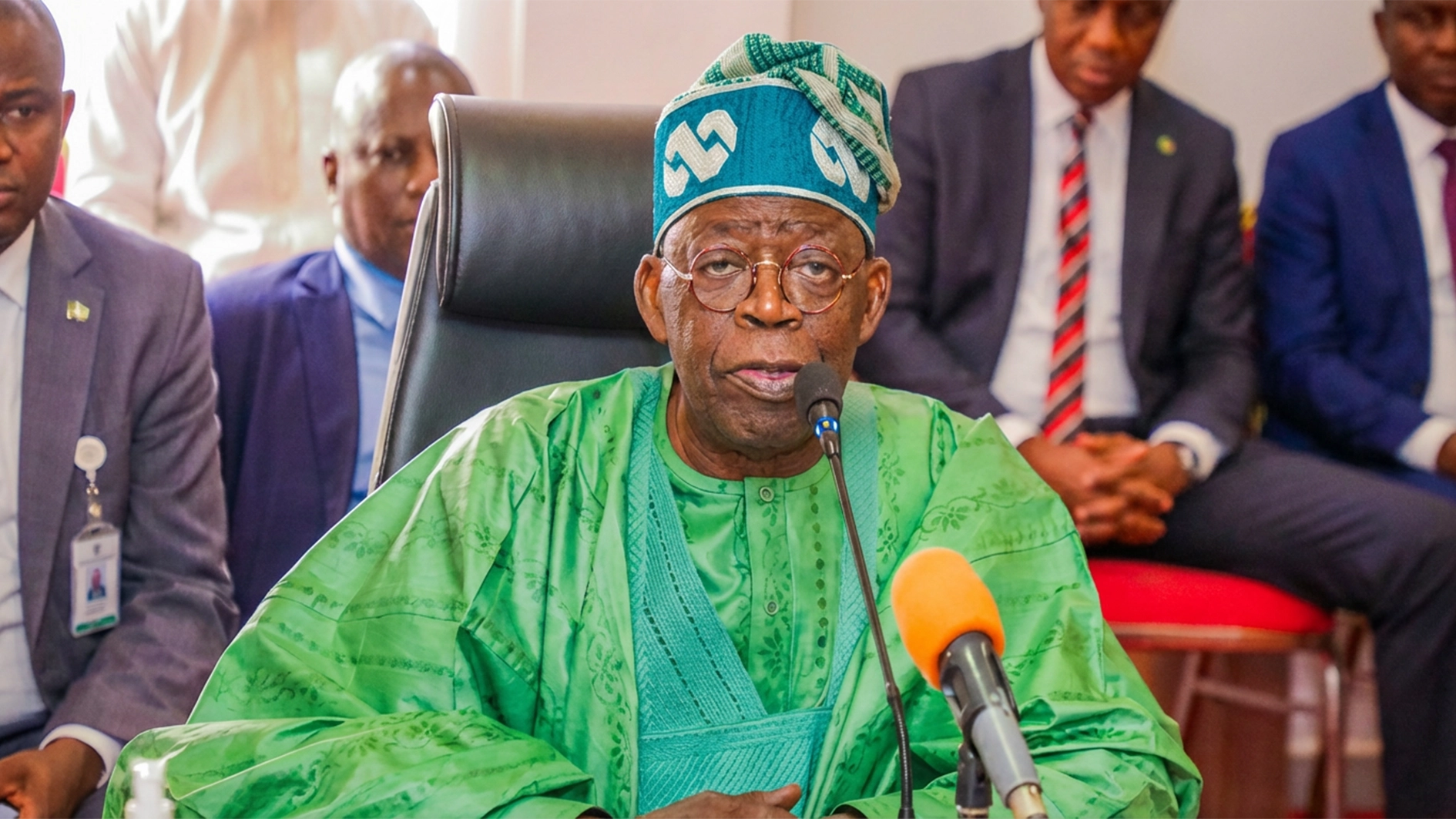
With an Internet speed of 15.8Mbps, Nigeria currently ranks 10th among countries with improved mobile network experience.In an analysis by Opensignal, which looked at the mobile network experience of subscribers in 27 African markets, using key measures, such as download speed experience and consistent quality (CQ), South Africa ranked number one with 34.5Mbps, about 50 per cent faster than second-placed Zimbabwe and over four times faster than last-placed Angola.
Zimbabwe, which ranked second, had 22.9Mbps, followed by Morocco at 22.6Mbps, Kenya (20.8Mbps) and Tunisia, (20.4 Mbps). Madagascar came next at 20.3Mbps while Senegal had 18.1Mbps. Cote D’Ivoire recorded 16.8Mbps; Algeria and 15.8Mbps while Nigeria followed with 15.8Mbps.
Opensignal observed that while fast download speeds are crucial for user experience, they do not tell the whole story, noting that being able to run applications without interruption is an important factor for a satisfactory network experience, “therefore, we now turn to consistent quality, which measures whether the network is sufficient to support common mobile application requirements at a level that is ‘good enough’ for users to maintain (or complete) various typical tasks on their devices, such as video calling, uploading an image to social media, or using smart home applications will be possible without noticeable lag or slowdown”.
The firm said it combined different experience indicators such as download speed, upload speed, latency, jitter, packet discard and time to first byte to calculate consistent quality, saying the components are evaluated against thresholds recommended by various more demanding common applications used for a range of common tasks.
“Our analysis shows that South Africa performs strongly in terms of consistent quality, leading with a score of 58.6 per cent, less than one percentage point ahead of Tunisia. Meanwhile, in more than half of compared African markets, Consistent Quality scores are below 30 per cent, suggesting that connectivity struggles to maintain the stable performance needed for even basic digital services in many African countries – especially in markets like Mali, Guinea, Côte d’Ivoire, Cameroon and Ethiopia where Consistent Quality is lower than 10 per cent,” the report noted.
Opensignal noted that African smartphone users spend a significant proportion of time on 3G, negatively impacting their mobile network experience.
According to it, in 11 out of 27 compared African markets, users spend over 20 per cent of their time connected to 3G, ageing technology that lacks the speed and capacity to support modern applications. Additionally, in Mali and Zimbabwe, users spend over six per cent of their time on 2G, restricting data-intensive service usage.
Opensignal also revealed that another critical factor impacting user experience is the proportion of time users spend with no signal, an issue prevalent in markets with challenging infrastructure conditions. It disclosed that Tunisian users experience no mobile connectivity for over five per cent of the time, followed by users in Mali, Morocco and the Democratic Republic of Congo. It said this lack of access underscores the need to expand connectivity in some markets.
By contrast, South Africa and Rwanda see minimal no-signal time – less than one per cent. The report noted that the reliance on legacy networks and significant time with no signal across many African markets is mainly an economic challenge, which stems from the need for robust supporting infrastructure. It noted that the combined costs of improving backhaul, ensuring that sites in remote locations have power, having backup generators to cope with load-shedding, and losses from vandalism and theft are considerable.
According to it, device affordability is another challenge, especially with 4G/5G enabled devices, stressing that low digital literacy and skills are also holding back mobile internet adoptions in the region.
However, the report observed that several governments and telecoms companies are focused on increasing 4G and 5G adoption and developing programmes to gradually phase out 3G and 2G. For example, Airtel Nigeria announced sunsetting its 2G and 3G services in certain areas, reallocating resources to 4G in 2022.
Meanwhile, South Africa’s Department of Communications and Digital Technologies (DCDT) has extended the deadline for phasing out 2G and 3G networks to December 2027. The country’s major operators are trying to prepare their customers for the migration by running initiatives such as offering upgrade incentives and educational campaigns. However, there are concerns that the switch-off could disrupt essential systems and cut off cellular access for many internet users across Africa as they rely primarily on mobile connectivity, which is often their main or only means of accessing the internet due to the limited availability and high cost of fixed broadband services, especially in rural and remote areas.






